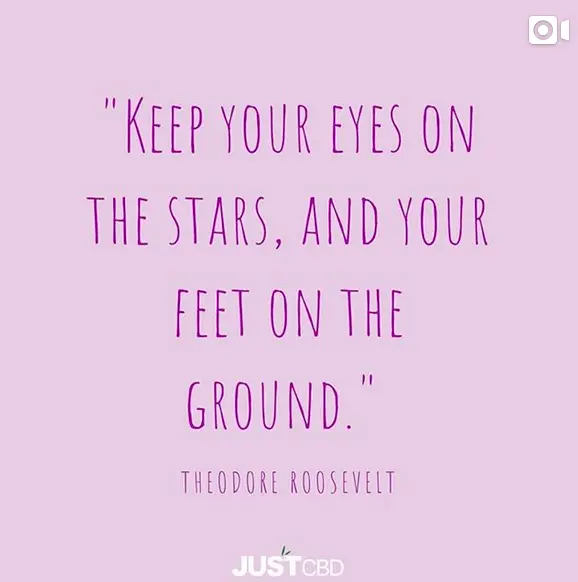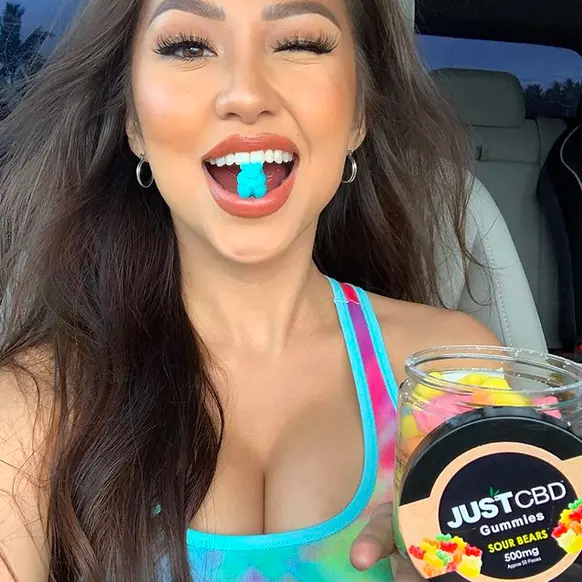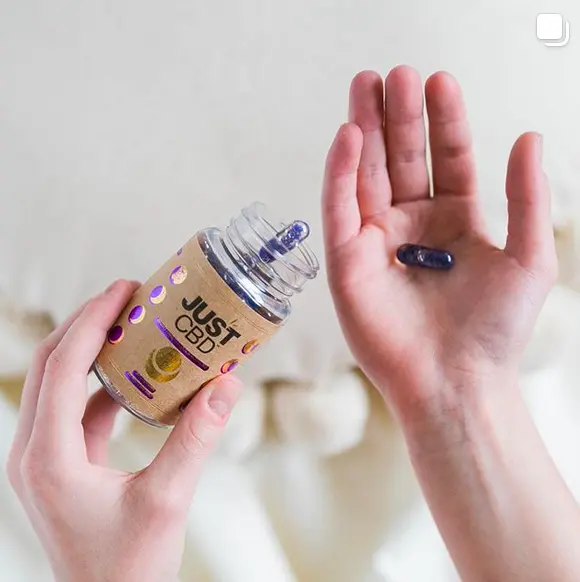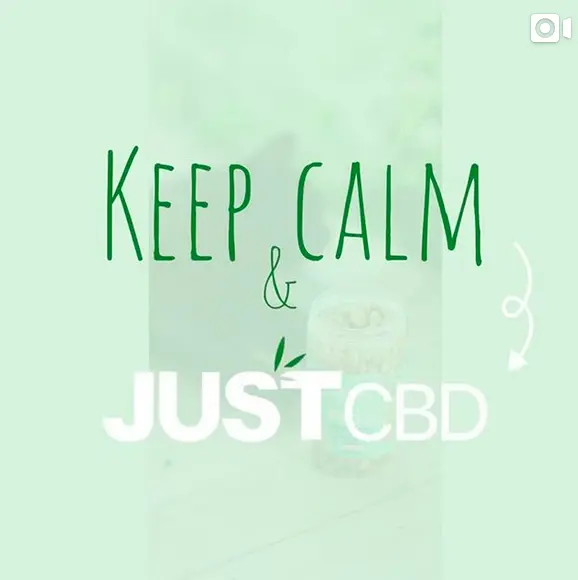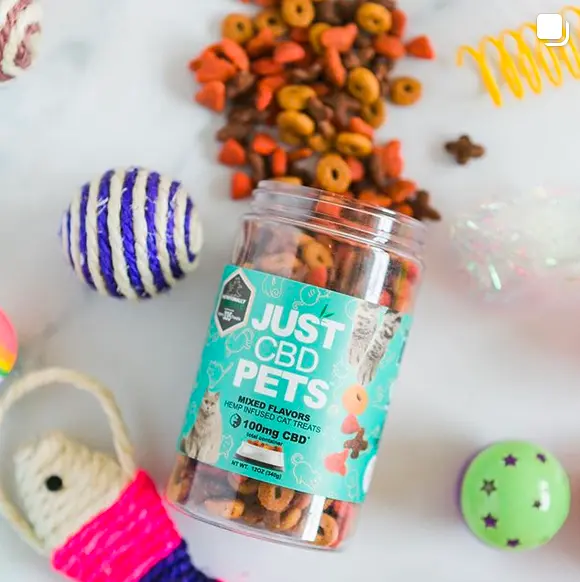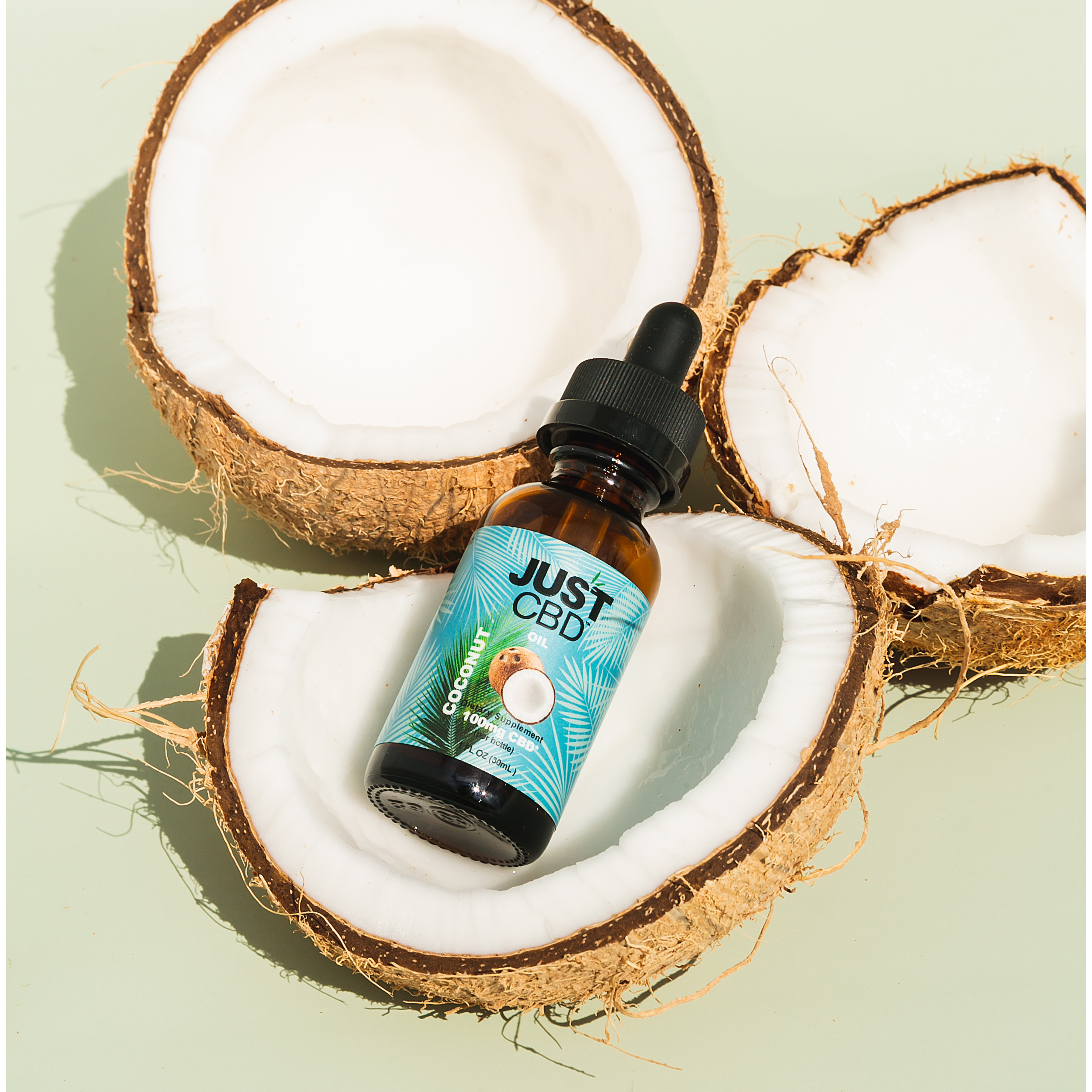
In the past few years, CBD is one of those topics that just seem to get more and more attention.
And when people talk about CBD, CBD oil tends to come up, especially.
CBD oils, or CBD tincture oils, are ubiquitous with their glass bottles and squeezable stoppers, and with options ranging from isolate to full-spectrum, there’s something for everyone’s CBD needs.
But in an ever-growing market of CBD gummies, capsules, and even bath bombs, how do plain-jane CBD oils stay relevant? What are the benefits of CBD oil, and why take CBD oil in the first place?
Let’s talk about CBD oils can grant any CBD user the best in efficacy, freedom, and satisfaction.
What is CBD?
In order to understand CBD oil, let’s first answer the question: what is CBD?
CBD, or “cannabidiol,” is part of a family of unique compounds which are known as cannabinoids, which are found in cannabis plants like marijuana and hemp.
CBD is related to another cannabinoid, THC, or tetrahydrocannabinol. And while these two cannabinoids share some similar benefits, there are two major differences:
1.) CBD is more abundant in hemp plants, while THC is more concentrated in marijuana, and
2.) While THC can get the user high, CBD will not.
Consequently, CBD is a substance that is federally legal, which makes it far more accessible than THC.
In the past few years, CBD has gained massive traction for its potential benefits, especially when it comes to pain relief and easing stress.
This might sound a little too good to be true, but researchers theorize that CBD actually has a unique relationship with our bodies.
Specifically, the endocannabinoid system.
CBD & The Endocannabinoid System
The endocannabinoid system is a range of receptors and enzymes throughout the body, and it plays many key roles in the way our bodies function. While the endocannabinoid system still needs tons of research, it’s believed that it helps manage pain, emotional responses, and appetite just to name a few.
The receptors in the endocannabinoid system communicates through neurotransmitters known as endocannabinoids, which are cannabinoids created by the body.
So where does CBD come in?
Because CBD is a cannabinoid, it’s been inferred that it can actually sway the endocannabinoid system by influencing the CB1 and CB2 receptors, along with the COX2 enzymes.
Through this interaction, CBD may be helpful in a number of ways.
Benefits of CBD Oil
So what are the benefits of CBD oil? Why use CBD oil in the first place?
Though we’re still at the dawn of its research, there is evidence that CBD’s interaction with the endocannabinoid system can hold a number of benefits.
Above all, pain relief may be the biggest reason people buy CBD oil, whether it’s for post-workout tension, chronic pain, or acute, inflammatory pain.
Looking back at the endocannabinoid system, CBD is theorized to influence CB1 and CB2 receptors in a way that inhibits the body’s inflammatory response.
CBD oil may also have a future in assisting with mental health issues, especially depression and anxiety.
In a few studies, it’s been observed that CBD may have an effect on the brain’s production of serotonin, although this is still not fully understood.
So, these are some potential benefits of CBD, but what about CBD oil, specifically?
Above all, CBD oil offers the best in versatility.
With CBD oil, you can always choose the easiest option: with your pre-measured dropper, take a few drops under the tongue and leave it to absorb for 30 seconds.
This is the sublingual method, and while it’s certainly one of the easiest ways to take CBD oil, it’s just one of them!
CBD oil is a great option for those who wish to make their very own CBD goodies at home. This can be as simple as adding CBD oil to your coffee, or blending it into a nut butter, or you can even make your own gummies!
What’s the Difference Between CBD Tinctures and CBD Oils?
When shopping CBD oil, it can be easy to get confused, especially when you see both “CBD oils” and “CBD tinctures,” and they both look extremely similar.
So what’s the difference, anyway?
The terms “CBD oil” and “CBD tincture” are often used interchangeably, but they can be very different things.
CBD oils are the more common product, and they might sometimes be called “CBD tinctures” and even “CBD tincture oils.”
But ultimately, you’ll know it’s a CBD oil when it uses an oil as the carrier, typically coconut or hemp seed.
So, what are CBD tinctures, then?
True CBD tinctures are not quite as common, but they will use an alcohol carrier instead of an oil. And while alcohol can give the product a longer shelf life, tinctures don’t use the same kind of processes as CBD oils.
While the best CBD oils use CO2 extraction, CBD tinctures undergo solvent extraction. And the main issue with solvent extraction is that it uses 60-70% distilled alcohol, which is actually quite harsh. So harsh, in fact, that it can actually degrade many of the constituents and terpenes you want in a CBD product. This is especially important for full-spectrum CBD oils, which are meant to include all of hemp’s naturally occurring cannabinoids, terpenes, and flavonoids.
Shopping for CBD Oil
Whethere you’re shopping for CBD oil near you, or shopping for CBD oil online, always make sure you’re shopping from a reputable brand that puts your interests first.
This means that the company should only use quality hemp, and they should be clear about the sourcing on their website.
Also make sure that their CBD products are thoroughly tested by a third-party lab, and that they offer the certificates of analysis for every batch online.
CBD brands should also be as clear as possible about their product’s ingredients and dosages, so make sure that the bottle is clearly labeled, and it’s a bonus if the stopper is marked with mL measurements.
One of the easiest ways to check out a CBD oil brand’s legitimacy is by checking out reviews—not only from the CBD publications, but the individual reviews on forums, as well
Side Effects of CBD Oil
With the increased use of CBD oil, there have been few reports of side effects, and CBD oil is generally well-tolerated among most individuals.
But as with any substance, a small amount of the population may experience side effects such as nausea, diarrea, drowsiness, and dry mouth. When trying CBD oil for the first time, make sure to start with as low a dose as possible.
CBD may also interact with some other medications, including but not limited to antidepressants, seizure medications, and anticonvulsants. If you’re taking any kid of medication, discuss with your physician about trying CBD oil.

